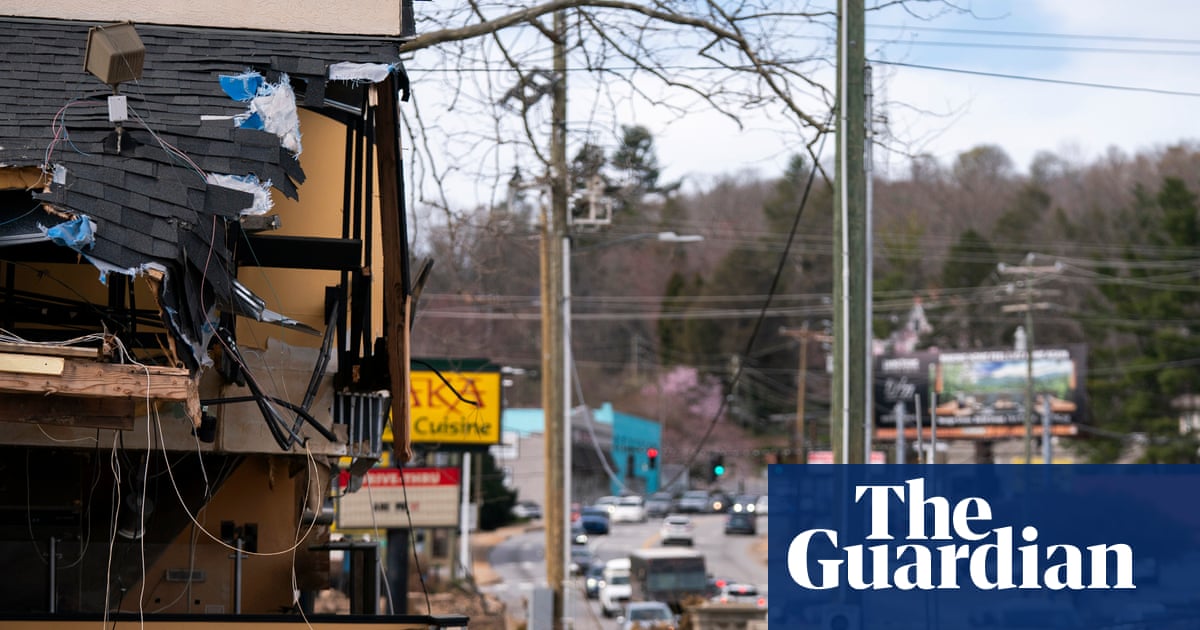
"Curate, a Spanish tapas restaurant and one of the best-known eateries in Asheville, North Carolina, sat empty for two days after Hurricane Helene last September. Then co-owner Katie Button reopened it alongside World Central Kitchen to provide meals for many community members who were without electricity and running water. To do so, Curate installed a tank and brought in clean water at the cost of $1,000 a day, racking up $30,000 in water, tank rental and delivery fees."
"The biggest? Closing Curate's sister restaurant, La Bodega, which served lunch. Post-storm, we needed to shrink the size of our team and shrink the size of our overhead and operating costs pretty quickly to rebuild, Button said. We were worried about the impact of tourism and trying to operate two Spanish-themed restaurants downtown. She opened La Bodega into an event space, which is easier to manage, she said."
"However, not every restaurant survived. In spring, it felt like a restaurant was closing once a week, said Mike McCarty, executive chef of the Lobster Trap. In fact, some of Asheville's most well-known restaurants closed, including Laughing Seed, one of the region's oldest vegetarian restaurants; Bouchon, a longtime French restaurant; and Bottle Riot, Vivian and Rhubarb, which were beloved to locals and tourists alike."
Curate closed for two days after Hurricane Helene and then reopened with World Central Kitchen to feed community members lacking electricity and running water. Curate installed a water tank and paid $1,000 per day for clean water, accruing about $30,000 in related fees. Curate reopened to customers in mid-October but closed its sister lunch spot, La Bodega, and converted it to an event space to reduce staff and overhead. Many other Asheville restaurants closed or temporarily shuttered, prompting a renewed focus across the local food scene on planning and operational resilience.
Read at www.theguardian.com
Unable to calculate read time
Collection
[
|
...
]